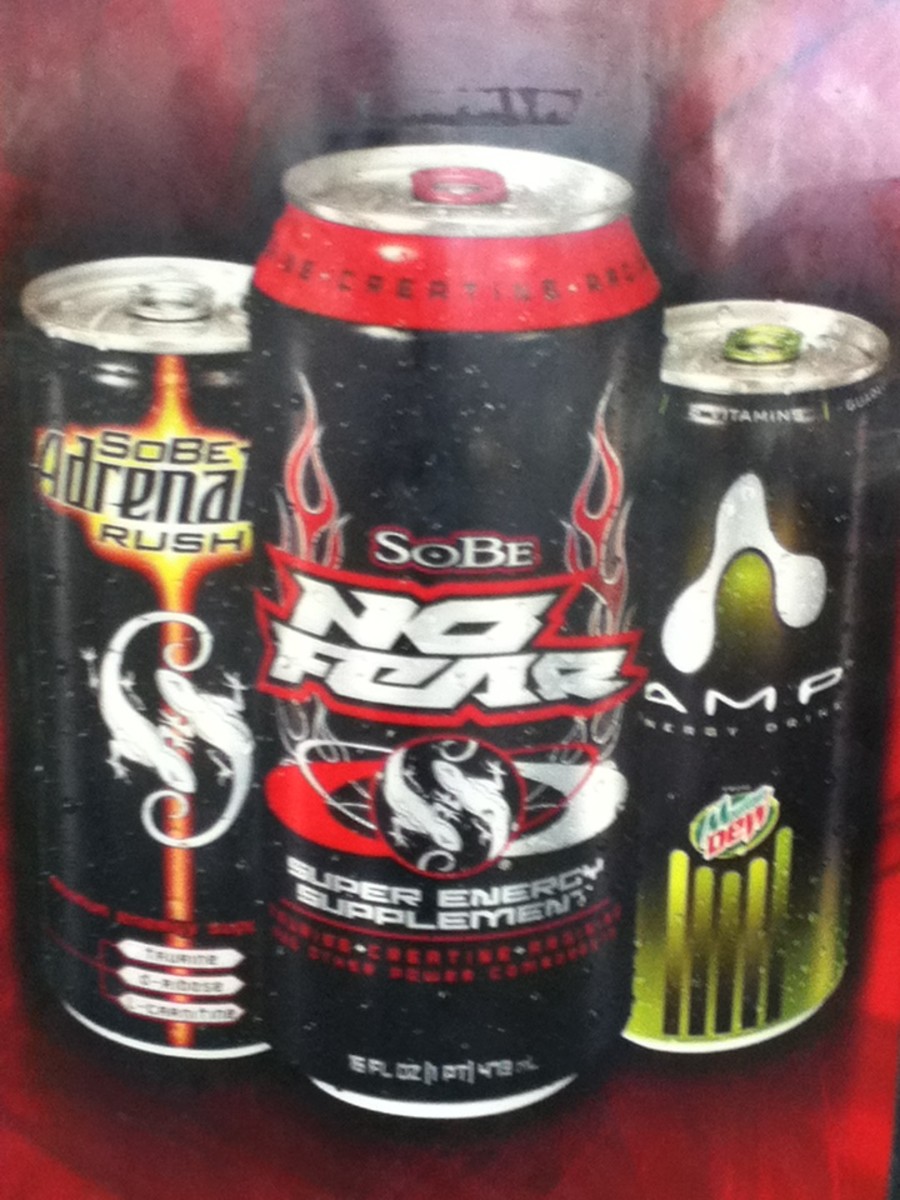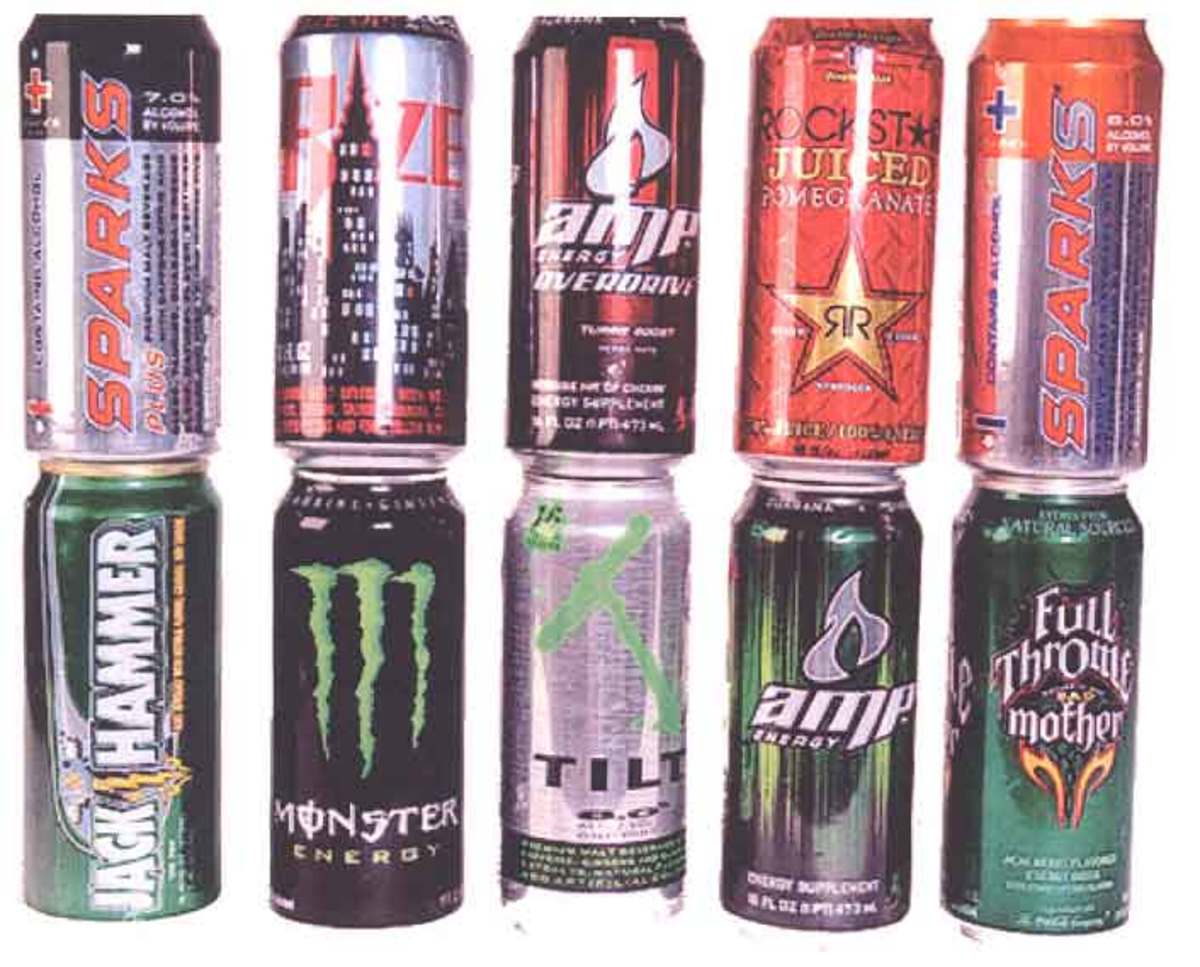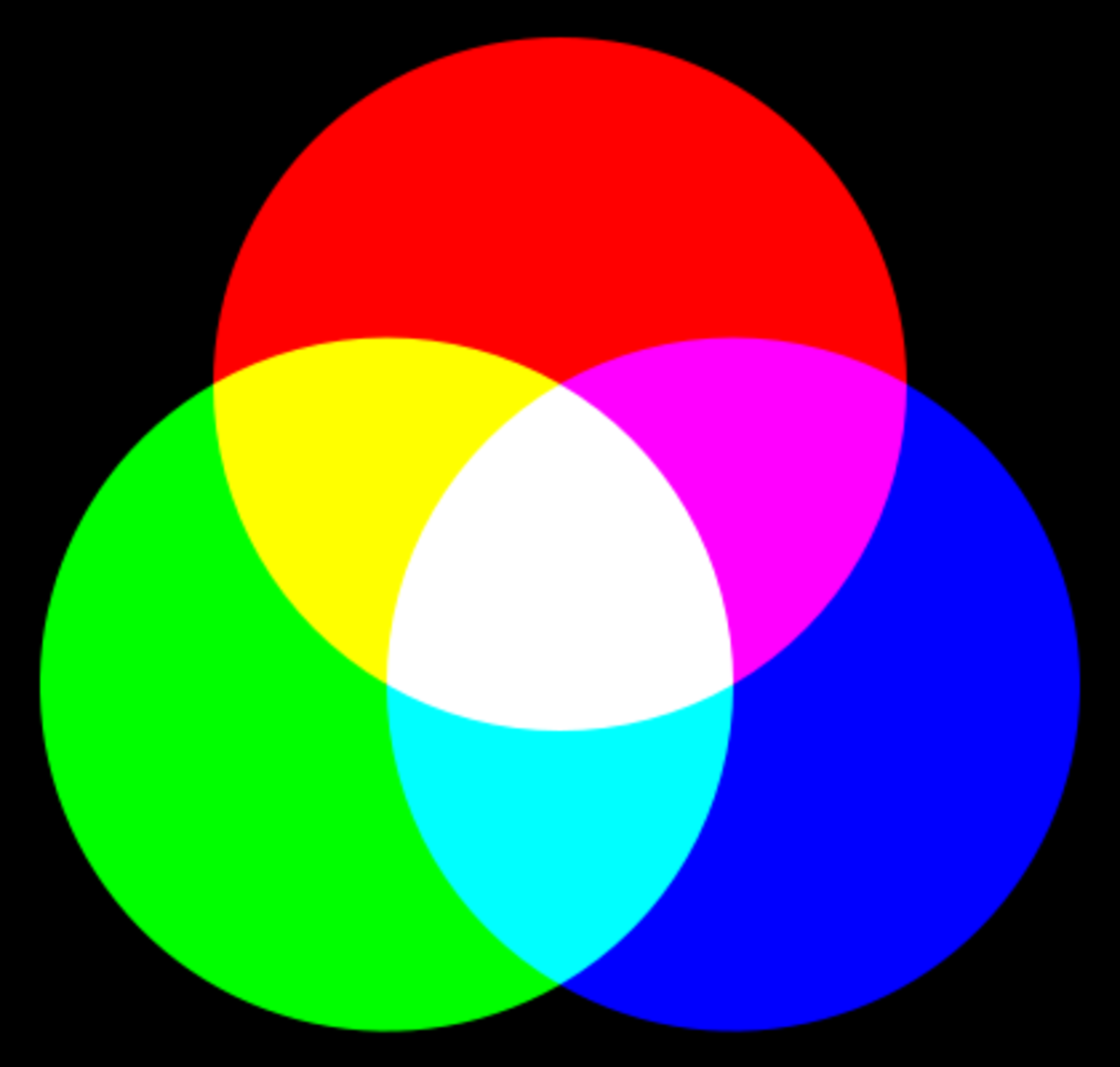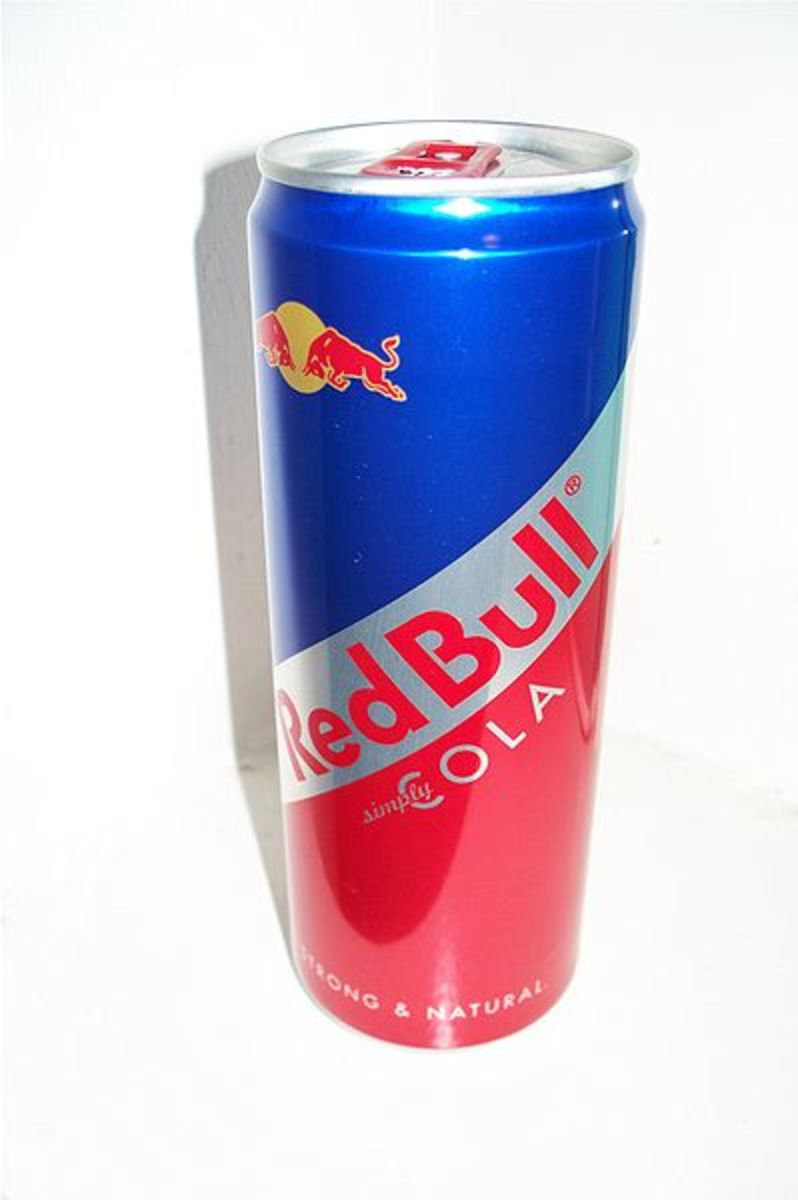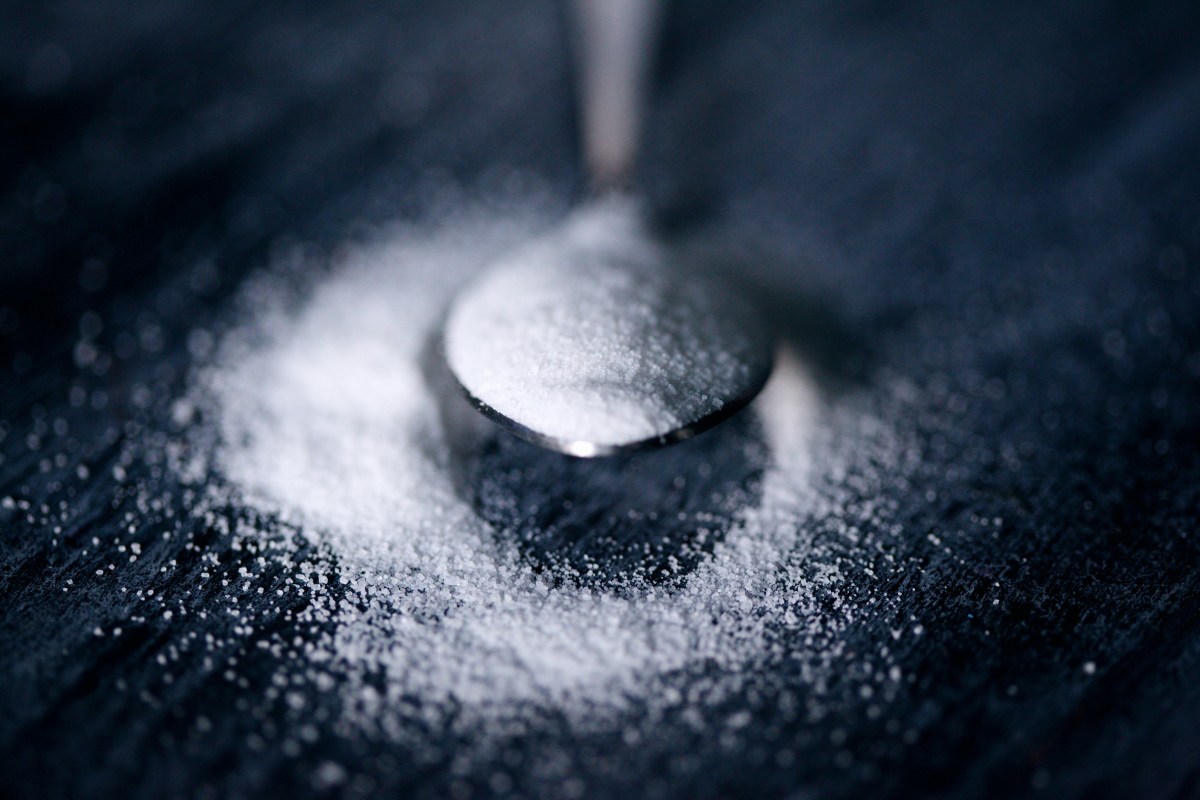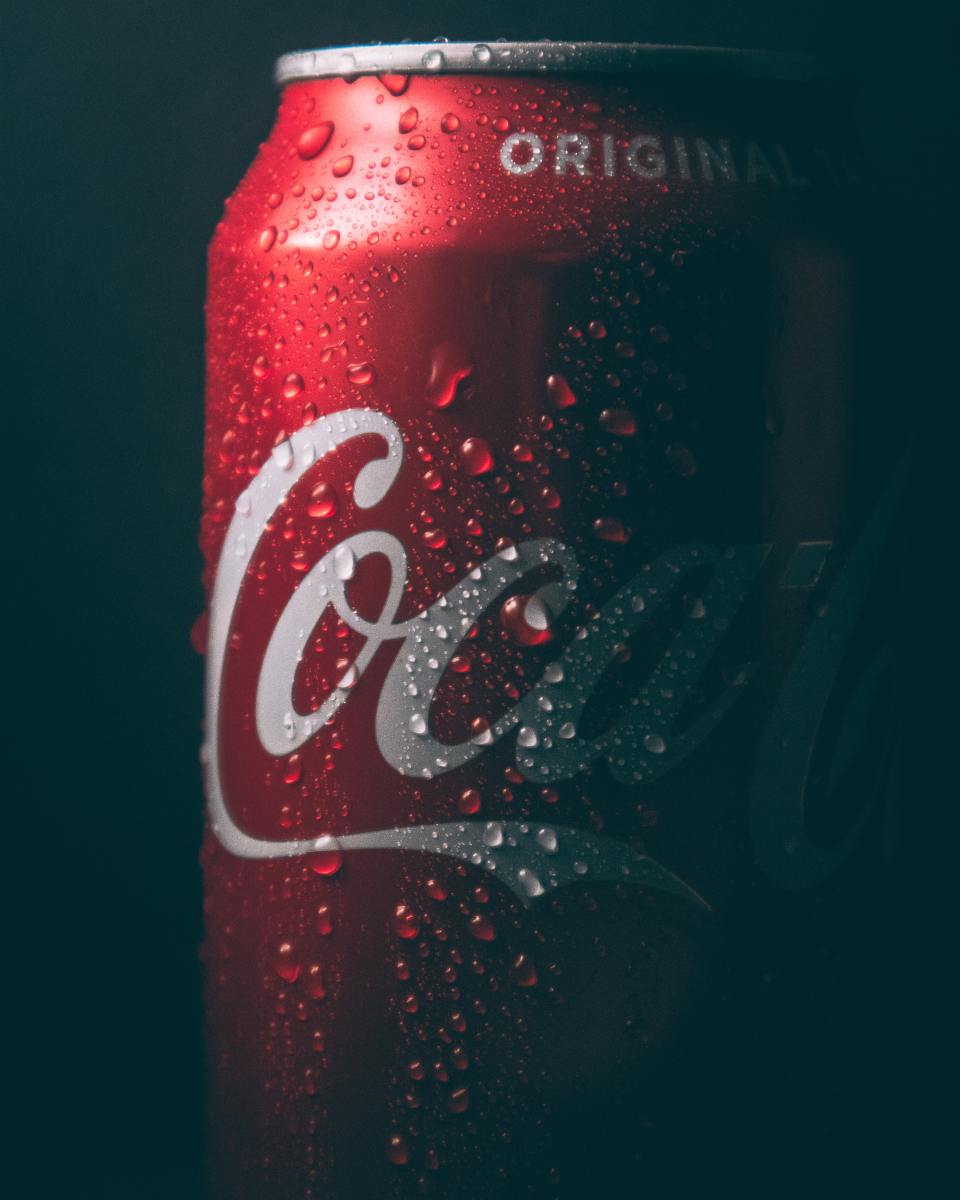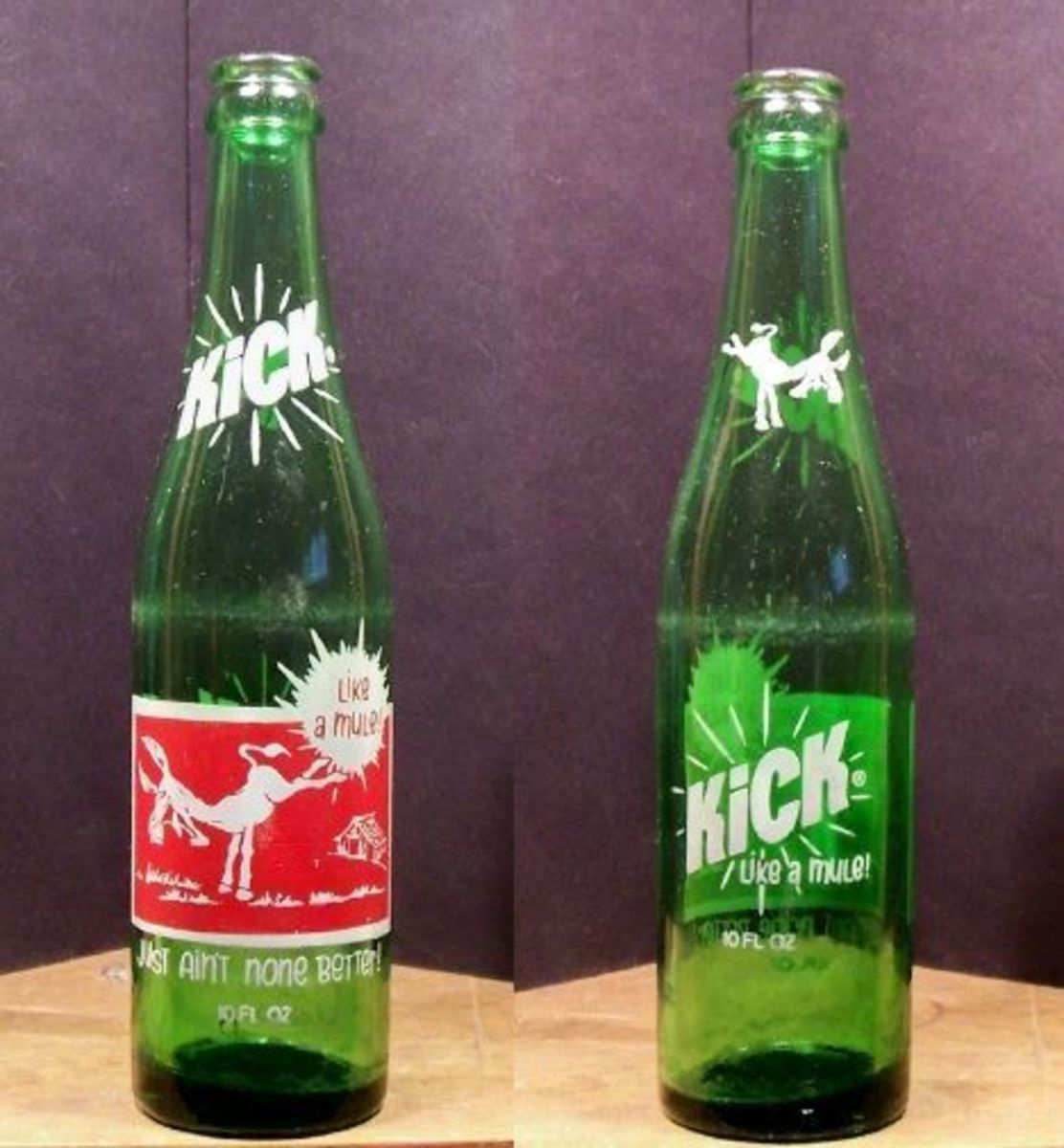The Health Risks Associated with Consuming Energy Drinks.
I read an article on Time Magazine about the health risks associated with Energy Drinks. Let's face it, energy drinks taste good and they give you that energy boost in the morning or right before an exam. For years, I was addicted to Red Bull. I would pack one Red Bull in my gym bag and drink one can before working out. One day I was watching an infomercial on energy drinks and it really scared me when I heard a medical expert talk about the health risks associated with these energy drinks.
Some of the side-effects associated with consuming energy drinks include: heart palpitations, anxiety, tachycardia and hyperactivity. This is one of the main reasons why medical experts are concerned about children and teenagers consuming energy drinks as part of their diet.
Secondly, doctors are so concerned because of the ingredients these energy drinks contain. Guarana and Ginseng are two commonly used stimulants used in energy drinks. Healthline.com states that the stimulant used in energy drinks helps boost brain power and athletic performance; however, it contains twice the caffeine in coffee beans and so therefore, it contains stimulants that can affect the central nervous system.
Research has also found that when you combine these two herbal extracts together, it can be dangerous. Taurine, on the other hand, may improve athletic performance, which may explain why it is commonly used in energy drinks; however, just like guarana and ginseng, taurine also contains twice the caffeine and sugar and it is known to increase the heart rate, blood pressure and central nervous system. In some cases, it can even cause insomnia according to http://www.mayoclinic.org/healthy-lifestyle/nutrition-and-healthy-eating/expert-answers/taurine/faq-20058177
Energy drink companies are confident that their energy drinks are safe to drink. Unlike medical experts, energy drink companies don't see any health risks associated with their energy drink products which claim to increase mental performance and enhance energy. An interesting observation is that both coffee and soda contain caffeine and yet medical experts are not at all concerned about the about the safety of these products. Perhaps, there are more milligrams of caffeine in energy drinks than there are in a coca-cola or cup of coffee.
According to a recent report in Pediatrics, about 50% of adolescents consume energy drinks regularly. It's evident that kids and teens show a strong preference for energy drinks more than they do for any other products. So far, public health experts haven't proven anything as to whether energy drinks are safe to drink or not.
By: Marlene
June 30, 2015
How Likely Are You To Have an Energy Drink?
- Are Energy Drinks Really That Bad? | Wellness | US News
Experts don't recommend the beverages, but concur most adults can handle up to one a day.
- Eating Healthy Foods May Reduce PMS symptoms.
Many women suffer from mild to severe menstrual cramps in the beginning of their menstrual cycle. Eating the right foods may ease the symptoms of PMS syndrome.

